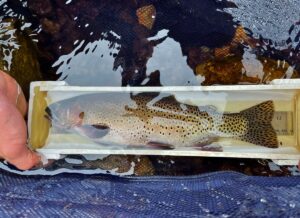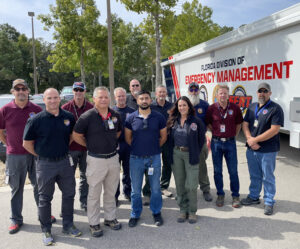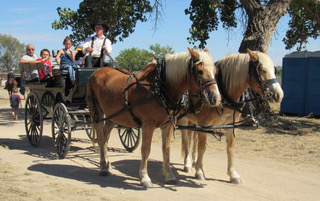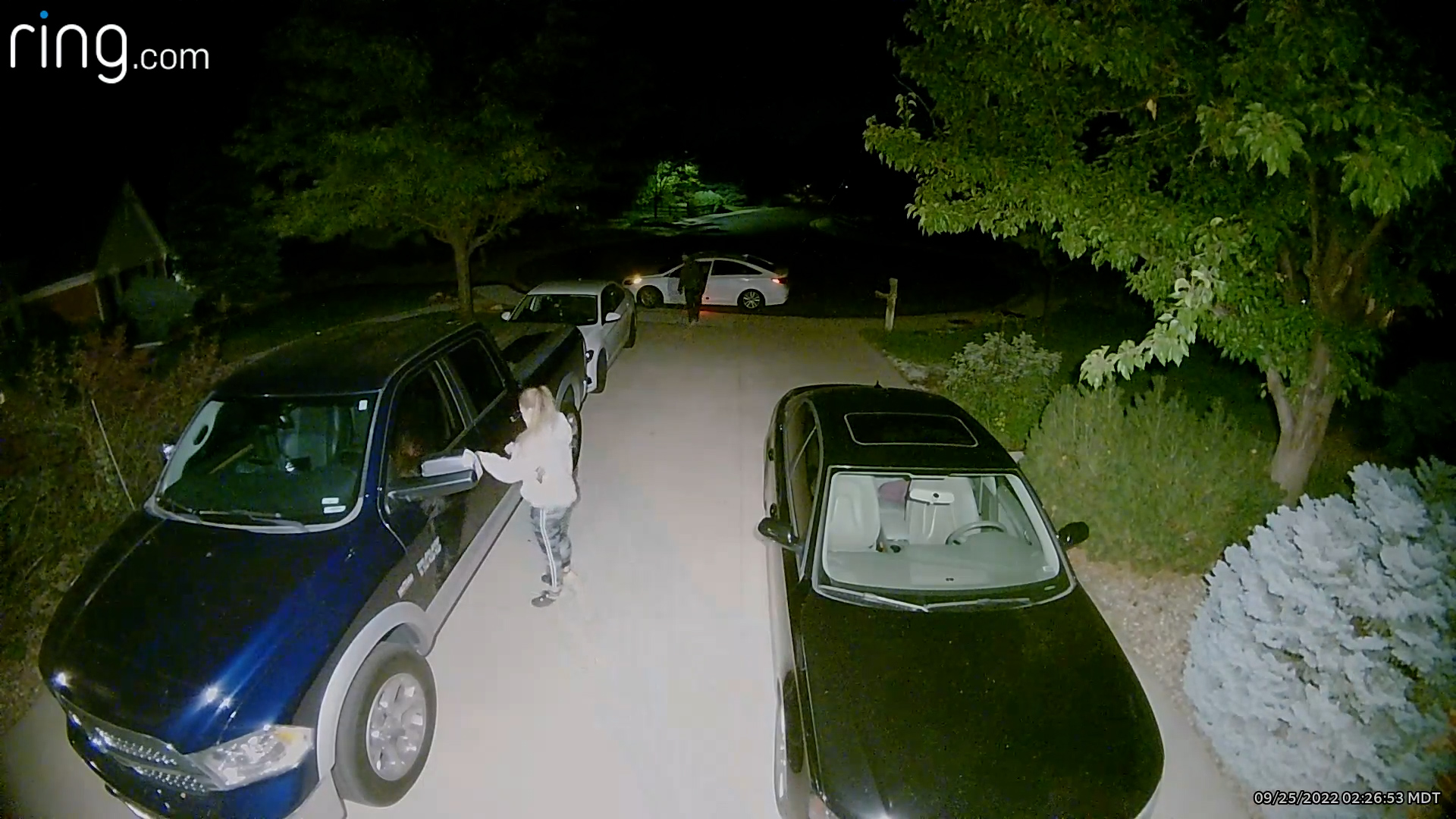
A Colorado Parks and Wildlife aquatic researcher holds a Bluehead Sucker, one of the three native fish species CPW is working to conserve in the Colorado River Basin.
MONTROSE, Colo. – Aquatic research scientists on Colorado’s Western Slope have embarked on multiple projects to protect three native fish species endemic to the Upper Colorado River Basin and its tributaries. A new documentary film titled ‘The Native 3’ helps tell that story.
The film, released Friday on CPW’s YouTube and Facebook pages, captures the work of researcher Zachary Hooley-Underwood as he works in critical spawning streams for roundtail chub, flannelmouth sucker and bluehead sucker with the goal of preventing further hybridization with non-native species such as the white sucker. The film was produced by Sean Ender of Peak to Creek films.
“We are really happy to give these three native fish species some exposure to Coloradans and the general population,” Hooley-Underwood said. “They are such a large component of our aquatic ecosystems in the West and perform a lot of essential functions, but not many people know they exist. When you have something unique like this in your ecosystem, you want it to stick around to preserve that natural heritage of the place you live in.”
Ender, owner of Peak to Creek films, said it was impressive to see the work from Hooley-Underwood and the research team and was blown away by the sheer volume of fish they had to process.
“You are never 100% sure what imagery you’ll be able to capture for wildlife projects, and filming fish underwater certainly presents some challenges,” Ender said. “When the tributaries cleared up later in the season, we came back to film fish making their way back to the main stems. It took some figuring out, but once we started seeing fish swim past the camera, I was really excited because I knew we were going to be able to give viewers a glimpse into their world. I hope this film captures the passion of the biologists because they are absolutely dedicated to the conservation of these native fish and the spectacular migrations they undertake.”
The three species (Flannelmouth Sucker, Bluehead Sucker and Roundtail Chub), perform critical duties within a stream’s ecosystem. Because they are highly migratory members of a fairly small native fish community in the Colorado River, they are critical in the transportation of nutrients throughout the system.
In the spring, these fish travel far up intermittent and small perennial streams to spawn. Their larvae then drift back downstream. Some suckers have been tracked partaking in journeys of more than 500 miles as they travel to spawning tributaries and back through the Colorado River.
“These fish are taking nutrients converted through consumption into headwater streams that otherwise would be nutrient poor,” Hooley-Underwood said. “The effect we see is that they support the plant community and wildlife all along these stream corridors. That’s everything from invertebrates to bears, herons and eagles. They all make use of these fish either through direct consumption or by consuming eggs. It is a cycle unfulfilled by any other aquatic organism that cannot be replaced by non-native or hybridized fish that don’t have that same migratory tendency.”
The rivers and streams of western Colorado below 8,500 feet in elevation comprise the historic native range for the three-species. Evidence suggests the three-species only occupy about 50% of their historic native range in the upper Colorado River basin.
CPW has conducted rigorous research on the three-species’ distribution in Colorado’s rivers and smaller streams to determine their distribution across their native ranges. Each of the species have been lost from at least some of the historically identified sites. Roundtail chub have been the most affected, occupying only 12.5% of sites where they were present before 1980.
Hooley-Underwood credited the work of recently retired aquatic research scientist Kevin Thompson for his breakthroughs in helping CPW understand three-species and developing the study presented in the film back in 2015.
In an effort to enhance the survival of native fish, Hooley-Underwood has taken on a project to protect tributary-spawning native suckers from hybridization with non-native suckers through mechanical exclusion.
“The native fish are so specialized for the conditions they face in the Colorado River Basin where there are drastically different flows in all four seasons,” Hooley-Underwood said. “White suckers don’t do as well in those conditions and, most importantly, they don’t migrate as far. The native suckers will out-migrate white or hybridized suckers, and some river segments just don’t support the invaders as well.
“We’ve undergone this large project throughout western Colorado’s waterways where these invasions from non-native fish have occurred. What we have found is that native suckers really like to spawn in the same tributary year after year. We’ve been able to pick a few of these tributaries that meet all of our conditions where we can control spawning and affect a large component of the population. By ensuring that even a few spawning tributaries are insulated from hybridization, we can help keep pure fish on the landscape in large numbers, even if the Colorado River Basin as a whole goes more toward hybridized fish.”
If the results from Hooley-Underwood’s research on Roubideau Creek on the Gunnison River show success in achieving that goal, Hooley-Underwood said CPW can replicate his project as a management tool on similar streams, including the White and Yampa Rivers.
“I hope the public enjoys learning more about these incredible animals,” Hooley-Underwood said. “A lot of people don’t think of non-game fish like suckers and chub as being pretty fish, but they’ve got this vivid coloration and are such an important component to what we have out here in the West. I’d hate to lose them.”
To learn more about CPW aquatic research projects visit the Aquatics Research Page.











